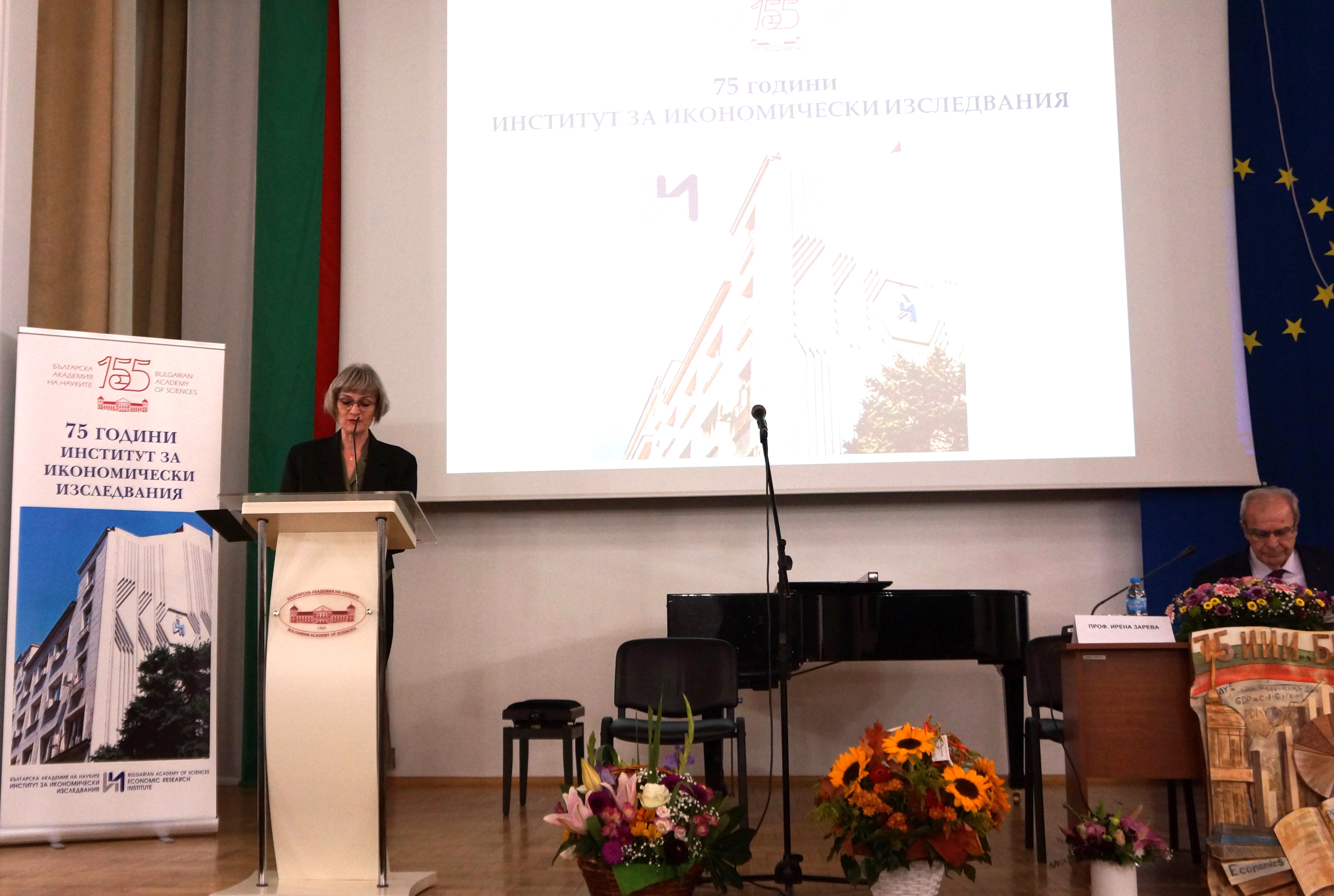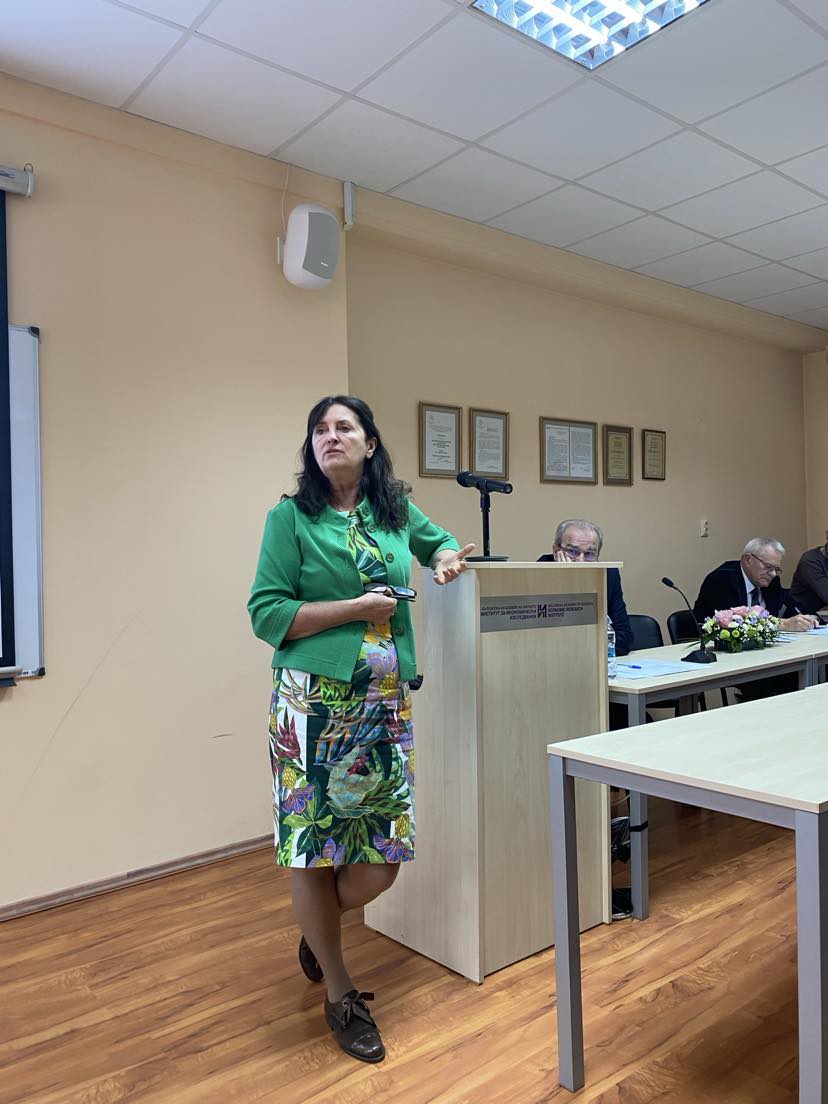Five specific benefits with a total financial effect of BGN 1.63 billion per year will receive Bulgaria from joining the Schengen area by land. This is according to the assessment of the scientists from the Economic Research Institute at BAS in a special study conducted in early 2024 on the initiative of the Ministry of Economy and Industry on the economic impact of the forthcoming decision for Bulgarian citizens to travel freely between the individual member states without being subject to border controls.
The biggest benefit is for heavy freight transport as well as for producers and exporters of goods whose direct costs are estimated at BGN 845 million. The foregone benefits of heavy goods transport amount to BGN 545 million. The direct and potential benefits to exporters, importers and transport companies of removing border controls at land borders are thus estimated at 1.39 billion leva per year.
The second benefit takes into account the elimination of direct and potential losses for Bulgarian citizens when crossing the land border with Romania and Greece in the amount of 242 437 days.
The citizens of Romania and Greece visiting Bulgaria will also benefit from the accession to the land Schengen with a total saving of 217 998 days. The Bulgarian tourism business could also benefit from this with around BGN 71 million, the economists stress.
The fourth benefit relates to the overall environmental effect of extended border crossing times by land. The volume of harmful CO2 emissions generated as a consequence of staying at the borders of Bulgaria and Romania amounts to 46 162 tonnes per year. Opening the Schengen area by land will also significantly reduce carbon emissions, the study says.
There are also direct fiscal benefits from Bulgaria’s accession to Schengen – economists estimate them at around BGN 138 million.
The results of the study on the economic impact of Bulgaria’s accession to the Schengen area of the ERI at BAS have been used by the Bulgarian Industrial Association as well as in the preparation of the Opinion INT/1064 of the European Economic and Social Committee “The cost of non-Schengen for the single market / Bulgaria and Romania”, the Institute also reported.
In its opinion, the European Economic and Social Committee calls on the Council of Europe to set a date for the abolition of land border controls between Bulgaria and Romania and other Schengen member states as early as 2024 which will be voted on at its meeting on 12 December this year.
It is also underlined that there are limited analyses and data on the economic consequences for the single market of the two Member States remaining outside the Schengen area. So far, there had been only one study commissioned by the European Parliament in 2016 which aimed to assess the impact of reintroducing border controls within Schengen but not the effect of keeping individual countries outside. In this sense, the study of the ERI at BAS has contributed to providing up-to-date information and an objective assessment.






